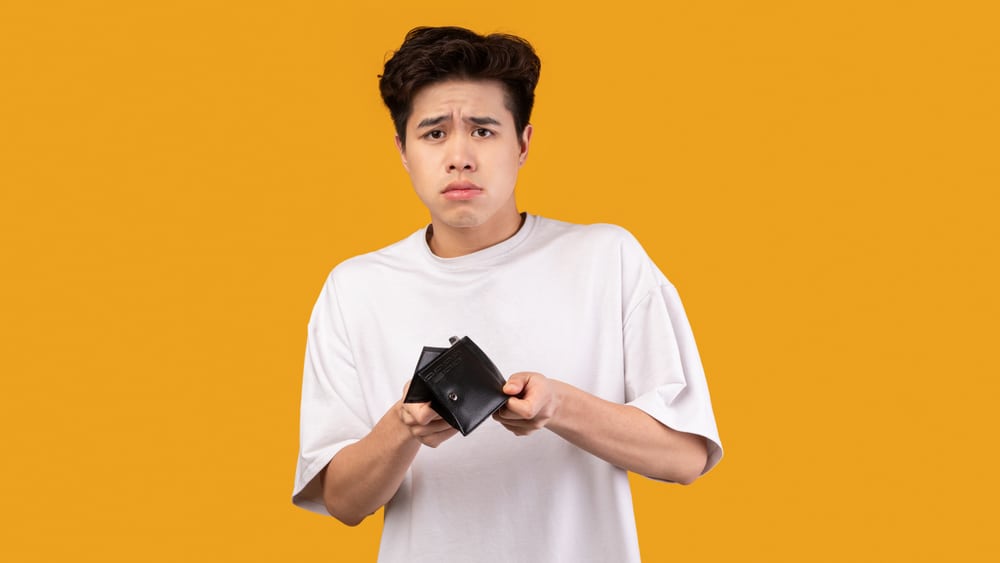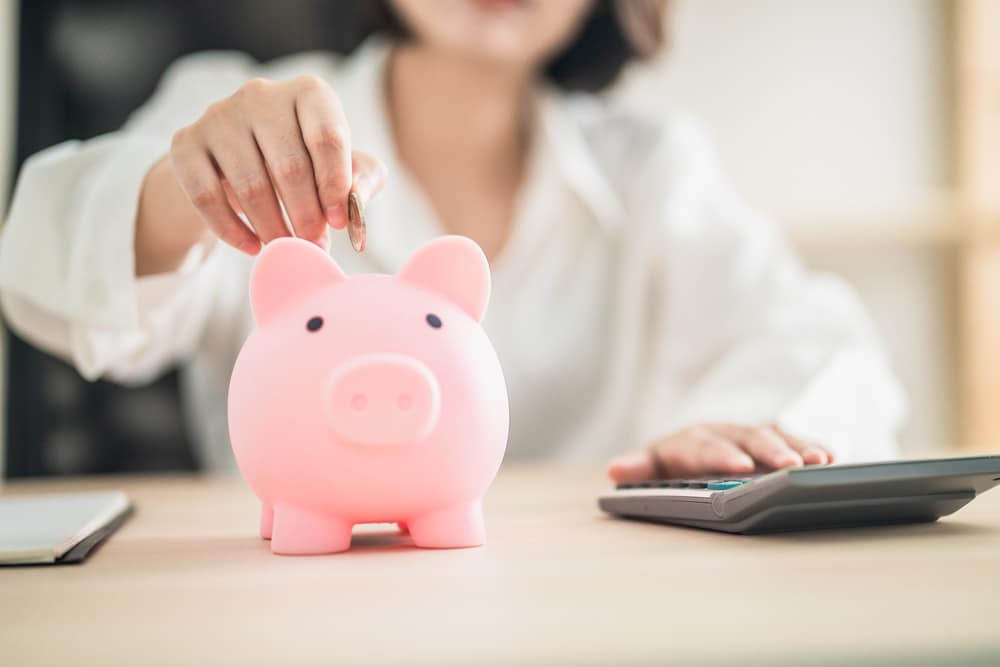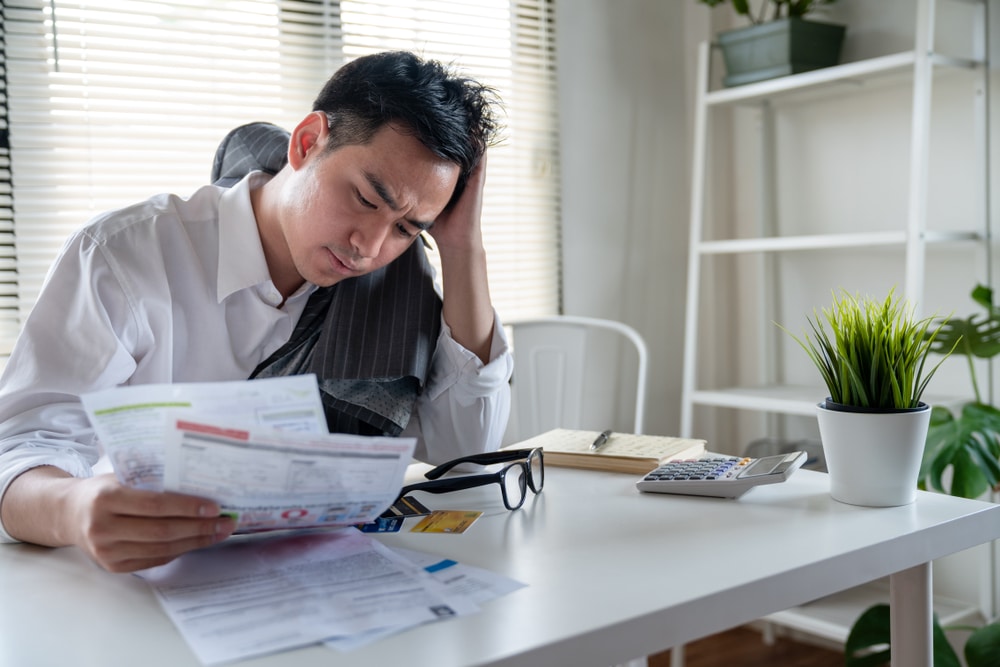Are you an emotional spender? Do you want to know how to stop emotional spending?
Money and emotions often share a complex relationship, leading to impulsive spending. A Statista survey reports that Filipinos embrace online shopping; 24.83% make online purchases at least once a month, and 10.96% purchase multiple times a week. Meanwhile, experts predict that the Philippine e-commerce sector may generate $24 billion in sales by 2025.
While some purchases are necessary, others may stem from stress, boredom, social pressure, or self-reward. In other words, emotional spending is at play.
This article tackles emotional spending triggers, including the psychology driving these impulses. You’ll gain practical strategies to regain control over your finances and emotional well-being.
What is Emotional Spending and What Causes It?
Emotional spending refers to purchasing as a means of satisfying emotional or psychological needs rather than practical or necessary ones. It happens when you use shopping to cope with stress, anxiety, sadness, or other emotional states.
You may be guilty of emotional spending when you buy items you don’t need, overspend, or make impulsive purchases to boost your mood or fill an emotional void. Emotional spending can lead to financial problems and is often comparable to compulsive shopping or shopping addiction.

7 Emotional Spending Triggers
Knowing your emotional spending triggers is essential to gaining control over impulsive shopping behaviors. By recognizing the factors leading to emotional spending, you can effectively develop strategies to address these triggers and prevent a pile load of debt and other issues. Here are some common emotional spending triggers.
- Stress – High stress levels can trigger emotional spending as you seek comfort and distraction through shopping. Purchasing something new may temporarily relieve stress but often results in buyer’s remorse and financial strain.
- Fear or anxiety – These emotions can lead to impulsive spending since you may buy items you believe will help you feel more secure or in control. Shopping out of fear or anxiety can manifest in stockpiling items or purchasing unnecessary supplies out of fear.
- Boredom – When you’re bored, you may turn to shopping for entertainment and excitement. Online shopping platforms make it easy to engage in retail therapy at any time, further contributing to impulsive purchases.
- Sadness or depression – Feelings of sadness or depression can lead you to shop for items you hope will improve your mood. However, this can result in accumulating possessions that don’t address underlying emotional issues.
- Loneliness – Similarly, feeling lonely may push you to seek companionship or comfort through material possessions. Buying things can provide a fleeting and superficial sense of connection or happiness.
- Envy – Seeing others with belongings or experiences can prompt emotional spending. You may have the tendency or need to keep up with peers or compensate for perceived shortcomings by making extravagant purchases.
- Peer pressure – Peer or societal pressure, where you conform to a particular lifestyle or appearance, can trigger impulsive spending. Wanting to fit in or gain approval from others may compel you to buy expensive clothing, gadgets, or accessories.

How to Stop Emotional Spending: 5 Ways
Emotional spending can be challenging to overcome, but with some practical strategies, you can take charge of your finances and emotional well-being. Here are helpful ways to stop emotional spending.
1. Identify your triggers
Understanding the specific emotional triggers that lead to spending can help curb this behavior. Reflect on the situations, emotions, or people that tend to prompt your impulsive purchases. Once you identify these triggers, work on strategies to address them directly. For example, if loneliness triggers spending, try connecting with friends or joining social groups.
If envy triggers you to shop, practice gratitude and remind yourself of your accomplishments and qualities. Focus on setting personal goals instead of trying to keep up with others. It may also be good to unfollow people with extravagant lifestyles that make you want to chase after the same thing. Addressing these underlying emotions can enormously reduce the urge to shop for emotional relief.
2. Follow the 24-hour rule
Nowadays, it’s easy to avail of something with a credit card swipe or through mobile payments. But before making non-essential purchases, practice the 24-hour rule. When you want to buy something, wait a full day before purchasing. This timeframe allows you to reflect on whether the item is a genuine need or a momentary desire driven by emotions.
For instance, imagine encountering a trendy new gadget you want to buy. Instead of purchasing it immediately, sleep on the decision. You may wake up the next day realizing that you don’t need it, saving money and preventing buyer’s remorse. If you can, try the 48-hour rule or a longer timeframe to decide whether to buy an item.
3. Find healthier ways to cope
Explore alternatives rather than turning to shopping as a coping mechanism. You could engage in activities for objectively managing stress, anxiety, boredom, or sadness.
For instance, journaling your thoughts and feelings lets you gain insight into your emotions. Spend time under the sun or exercise to reduce stress and improve mood. Finding healthier outlets for your emotions can reduce the urge to spend impulsively.
4. Create a budget
Developing a budget can be a powerful tool to prevent emotional spending. Determine your monthly income and allocate specific amounts for essential expenses, savings, and discretionary spending. With a clear budget, you can track your spending and avoid exceeding your limits as you consciously resist impulsive splurges.
5. Uninstall and unsubscribe
One effective strategy in combating emotional spending is taking proactive steps to remove or reduce the desire for impulsive shopping. Uninstalling shopping apps and unsubscribing from digital platforms can help create a barrier between you and the constant temptation to make unplanned purchases.
You reduce the likelihood of random or impulsive purchases when you break easy access to online stores offering enticing discounts and promos.
Conquering Emotional Spending for Better Finances
Breaking the cycle of emotional spending takes time and practice, so be patient with yourself as you develop new habits. The first step is to understand and identify your triggers so you can develop effective strategies.
Asialink Finance Corporation‘s blogs have more personal finance tips. Our financing company also offers accessible and convenient loans for your needs. Reach out to Asialink and apply for a loan today.






